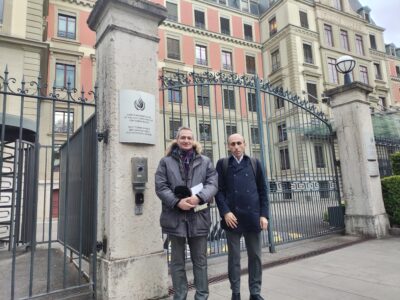NEW YORK (RFE/RL and ArmeniaNow) — US Secretary of State Hillary Clinton pressed Armenia and Turkey to complete the normalization of bilateral relations within a “reasonable” period of time as she met with the two countries’ foreign ministers late on Monday.
The Turkish-Armenian dialogue was a key focus of her separate talks with Turkish Foreign Minister Ahmet Davutoglu and Armenia’s Eduard Nalbandian held on the sidelines of the UN General Assembly in New York.
Clinton praised both governments for their “strong commitment” to pushing forward the process hailed by the international community and United States in particular.
“I want to reiterate our very strong support for the normalization process that is going on between Armenia and Turkey, which we have long said should take place without preconditions and within a reasonable timeframe,” she said after meeting Nalbandian.
Clinton later delivered a similar message to Davutoglu, according to US officials cited by Western news agencies. “When we say reasonable ‘time frame,’ we mean just that, that it’s not just the process that we want to see,” US Assistant Secretary of State Philip Gordon was reported to tell journalists. “We welcome the process, but we also want to see a conclusion to the process and that’s what we’re underscoring when we say that.”









